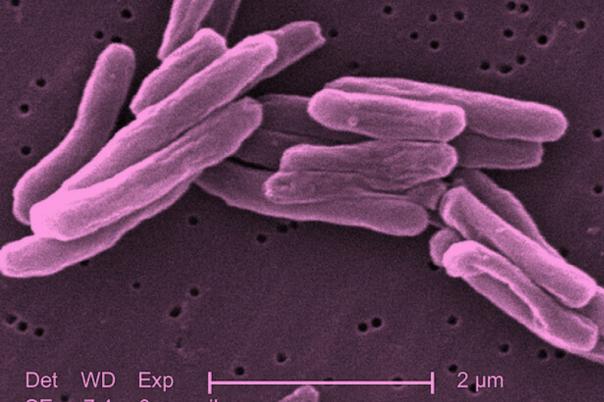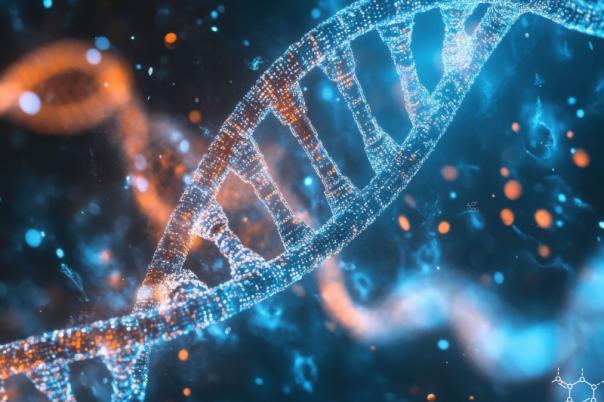Circulating tumour cells (CTCs) are a vital marker for understanding treatment resistance in patients with non-small cell lung cancer (NSCLC), particularly those with ALK fusions. The resistance to ALK inhibitors can arise through various mechanisms, including mutations in the ALK gene and off-target effects. This research investigates CTCs at a single-cell level to assess resistance to targeted therapies in NSCLC patients.
In this presentation, Patrycja Pawlikowska explored the different workflows that her team have used for CTC isolation. Previously, the team had worked with microlaser dissection after the ISET filter isolation of CTCs; this technique would isolate the cells based on their size.
However, this process was very time consuming and would destroy the DNA in the samples. Therefore, it was abandoned in favour of EpCAM selection. This method isolates CTCs from blood using positive selection of epithelial tumor cells through the CellSearch FDA-approved system, followed by micromagnetic field isolation in the DEParray system.
The genomic analysis of isolated CTCs revealed multiple mutations, with significant findings in the PI3K/RTK/RAS signalling pathway. This indicates resistance mechanisms in crizotinib-relapsed patients and highlights the complexity of resistance mechanisms in lorlatinib-resistant patients.
For lorlatinib-resistant patients, high genomic instability was observed in CTCs, with many cells showing whole genome doubling events. This chromosomal instability is a critical predictor for patient outcomes and suggests that CTCs provide valuable insights into tumor evolution and treatment resistance.
The analysis of copy number alterations (CNA) revealed that these genomic instabilities are particularly prominent in specific phenotypical subsets of CTCs. Moreover, the classification of CNA drivers within associated signalling pathways underscored the predominant activation of cell cycle and DNA repair mechanisms, both of which could serve as potential therapeutic targets.
Additionally, the findings suggest that heterogeneous, ALK-independent signalling pathways play a critical role in driving cancer progression and resistance to treatments. These conclusions emphasize the complexity of resistance mechanisms and point to new avenues for addressing therapeutic challenges in patients with ALK-TKI resistance.





